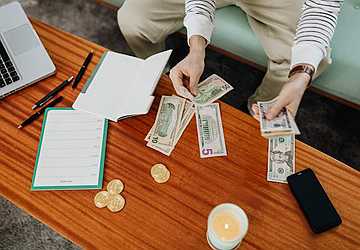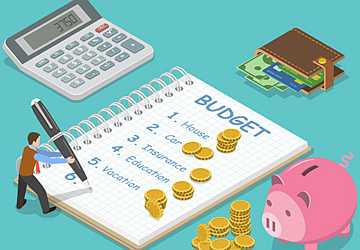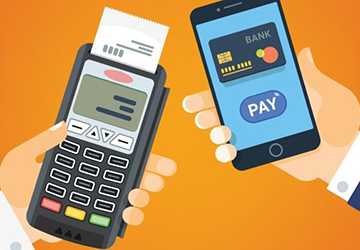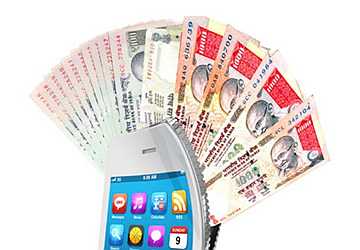There can be many unfortunate situations in a person's life. It's important to keep some emergency funds in your life. When an emergency strikes and you're short on funds, it can wreck your monthly or even annual budget. Therefore, you need to make sure you are prepared for any unforeseen circumstances in your life.
Now you're probably wondering: What is an emergency fund and how can you build it for yourself? Don't worry if you have the same problem. In this article, you will find an in-depth guide that will explain the importance of an emergency fund and how to set it up for yourself.
What is an emergency fund?
An emergency fund is very important and can have a big impact on many things in your life. An emergency fund is basically a provident fund designed for situations you were never prepared for. These remedies are not for your luxury or pleasure; they are not even for vacation or luxury. This is a separate fund that is only used for worse-case scenarios.
Right now you're probably thinking about when you'll need those emergency supplies. To name a few, you or a family member is sick and you need a lot of money to maintain medication and care. Another example might be that you have lost your job and need cash to support you for a while. In situations like these, emergency funds can save lives and help you handle expenses with ease.
How to set up an emergency fund?
Right now you may be thinking about setting up an emergency fund. There is no reason to worry. Here are some easy steps you can follow to raise the perfect emergency fund for yourself.
1. Set small savings goals:
The first thing you can do is set smaller goals to create an emergency fund. Set a small amount you want to save. For example, you save $100 a month. That means saving around $100, which you then transfer into an emergency fund you set up.
Setting small goals for every dollar and setting them aside can save you big in emergency funds. This is the perfect way to create the best emergency fund for yourself.

2. Contribute slowly:
We all know that drawing money from your monthly budget can cause a lot of problems. That's why it's always a good idea to take small steps so that the cash flow from day-to-day work isn't interrupted. One of the best ways to do this is to slowly reduce your cravings. If you want to buy new shows or clothes, don't buy them; instead, invest them in your emergency fund. Likewise, you can shut down restaurant operations and put money into your emergency fund.
This is the smartest way to add money from your monthly budget to your emergency fund and save yourself a ton of money.
3. Create a savings account:
It turns out that many people need help saving money for a rainy day. This is because they tend to use the money they save for other activities, such as going on vacation or just treating themselves. The best way to avoid dipping into your emergency fund is to open a separate bank account for yourself.
Create a savings account into which you transfer money each month. That means you can't easily access it. A savings account is different from your regular account in that you can deposit money into it at any time. This can save you money for a rainy day.
4. Don’t increase your monthly expenses:
Another good thing you can do for yourself if you plan to set up an emergency fund is not to increase your monthly expenses. That means you only spend that amount each month, or even less if you can. Try not to add more expenses, or it will be difficult to draw on your emergency fund.
For example, they never had a Netflix account. However, you feel like you need one because everyone is using it. However, this represents an additional fee that you will have to pay for the subscription each month. So it's best to minimize your expenses and contribute to your emergency fund.
5. Don’t save too much:
The next thing that can help you build an emergency fund is not saving too much. This point might confuse you, but let's explain it in more detail. In the beginning, you will optimize in a way that saves you a lot of money. As a result, you'll start paying large sums into your emergency fund from expenses. However, it can quickly become exhausting as you won't have enough money to cover day-to-day expenses, and setting up an emergency fund can become a headache.
Donate small amounts, don't save too much. After saving, stick with it because it strikes the perfect balance between building an emergency fund and spending.

6. Sell unwanted items:
Another way to save money and add it to your emergency fund is to keep things you don't need. You can sell furniture, books, and many other things and add some extra cash to your emergency fund. It's also a great way to free up space in your home and save even more money.
Diploma:
Not many people know it, but setting up an emergency fund can be very useful. It will help you in tough times so you don't have to borrow or owe anyone. So, the above article will help in setting up an emergency fund for yourself.




